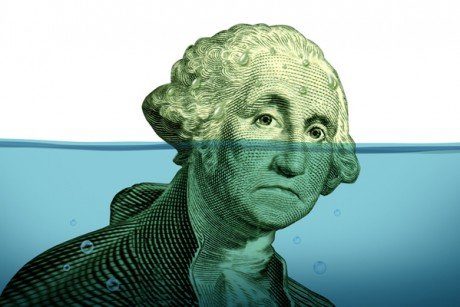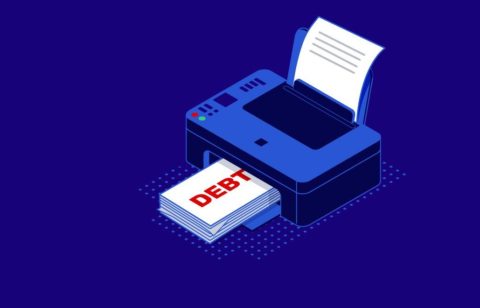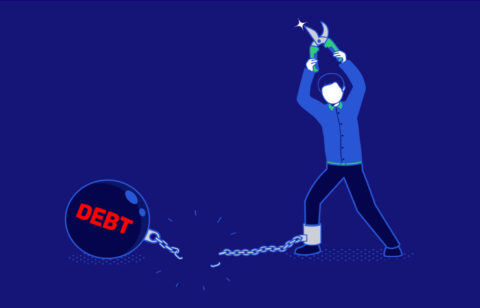First, the good news
The good news is that a bill has been proposed by five US senators called the Fairness for Struggling Students Act. The purpose of this bill would be to give people who are unable to pay back college loans issued by private lenders an escape through bankruptcy.
Now, the bad news
This bill was introduced on January 23 of this year but is apparently going nowhere. In fact, the press secretary for Patrick Leahy who is Chairman of the Senate Judiciary Committee reported that she had never heard of the bill. Her committee is dealing with a number of different issues including gun violence and judges and other bills and is just not dealing with this one.
Legitimate efforts
There is no doubt about the fact that people have run up excessive amounts of debt while in college. There are provisions in this bill that would force those who have student loans to have made legitimate, good faith efforts to repay them before they could be part of a bankruptcy procedure.
These debts cannot be discharged
The problem is that as the law now exists a chapter 7 bankruptcy will not discharge these loans. They fall in the same category as criminal fines, alimony and child support. This is why many people who see no way to get out from under these huge loans simply give up.
Banks might be able to help
Senators Durbin, Harkin, Reed, Franken, Warren and Sherrod Brown sent a letter to 13 major banks on March 1 asking them to work to help lower the number of students who were defaulting on private loans. According to the Consumer Financial Protection Bureau there are about 850,000 students in this category and this totals about $8.1 billion in defaults. Reed is hoping to get all parties to the table to find workable solutions that would help control costs and reduce the debt burdens suffered by so many families and students.
Private vs. public
It’s important to understand that any act such as this would apply only to privately funded student loans. If you do have this type of loan, don’t hold your breath waiting for the Fairness for Struggling Students Act to pass. If your loans were government-sponsored, you wouldn’t qualify even if this act eventually passed.
It’s important to pay them off
Whether your student loans were privately or publicly funded, it’s important to pay them off. The alternative – to default on your loans – has dire consequences. Your credit will be seriously damaged and you will be subject to late fees and collection costs. You could see your income tax refunds seized and your wages could even be garnished. You will lose your eligibility for a student loan forbearance or deferment and your loan may be turned over to a collection agency. Even our federal government is now turning over to collection agencies some student loans that are in default. These agencies can be brutally effective at collecting on loans by harassing you unmercifully until you give in and pay. I have read stories of people who were called at home and at work five or six times a day by greedy debt collectors.
If you simply can’t pay
If you’re an unemployed, in a graduate program or working towards a medical degree, you may be able to get a loan deferment or forbearance. While neither of these will eliminate your student loan debts, they can give you breathing room of up to three years to get your finances in order and to start paying back what you owe.





